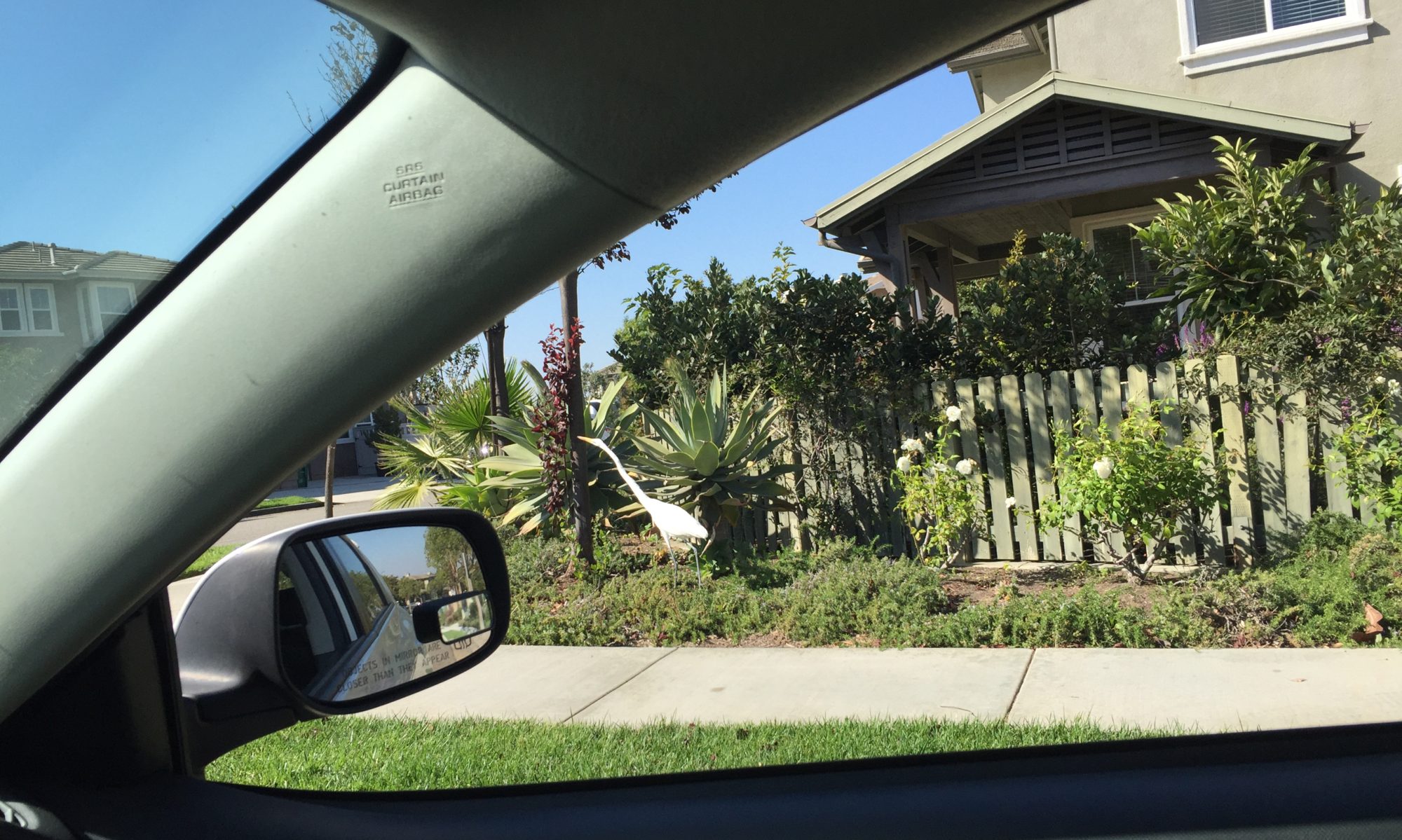Mother always warned me about the book-fairies. I held them in greater awe than even the Christian God during the two brief phases in my life when I lived in fear of Him, first at the innocent age of five when I had my tonsils and adenoids out and was discovered to be seriously myopic, and then, less innocent, after I stumbled upon masturbation and became persuaded that each instance of the strange and compulsive spasms it occasioned was cause for dire punishment, perhaps the gruesome deaths of my parents when they were out in a car and I was baby-sitting the younger siblings, or something yet worse for which I was responsible.
To be said in their favor, the book-fairies were generally aligned on the side of illicit pleasure: reading, the solitary vice which I thought I had personally devised long before a surge of fresh hormones enabled the other gratification I also presumed, for a considerable while, to be my very own. But the book-fairies could nonetheless wreak Furies-like vengeance on whoever might unwisely harm books.
The dogging of ears, writing in ink or in any other way defacing the pages or stressing the binding of a book were infractions beyond appeal. Librarians, past whom it was possible to slip inadvertently damaged volumes, were a comparatively forgiving bunch, and in any case not privy to the immediate scenes of crime, as were the book-fairies who constantly spied through my own eyes to catch the slightest transgression.
It might be possible to construe this inner censorship as quintessentially Protestant. It is definitely panoptic, though it now seems to me that after suffering the two aforementioned passing bouts of monotheism, like childhood measles or mumps, I embraced a form of polymorphous animism, accepting that some of those daemons, not all of whom were benign, also lodged within, and that I was beholden to all which are properly mine. Especially the book-fairies.
Admittedly, I did not devise reading on my lonesome. I was taught to read at four by Granny, Mother’s mother, a Southern iron maiden who was driven by spirits of her own, among them the urge to transmit something of her own intelligence to the sickly and introspective child I was. She had been a school marm before marrying and then, after my grandfather’s accidental death by street-car in the Houston Heights (average elevation 92 feet), worked as a single-mother secretary on refinery row in the East End.
Perhaps it is a false memory, but I recollect the process of learning to read as having been virtually instantaneous, of a piece. There are after all only twenty-six letters and despite slander to the contrary they do more or less capture the sounds of English, though there remains the problem of their orientation, pointing right as opposed to left, and their order, easily permutated and transposed. My dyslexia was mild, but affects me to this day.
In any event, the words I found in books were vastly more numerous than those I had encountered before, or did for many years. So from early on I had a large reading vocabulary to which I would resort by default, chronically mispronouncing words in common use, having read them long before I heard them.
As for the book-fairies, to this day when I do read a cellulose book I inscribe marginal notes only sparingly in soft pencil, promising myself to return eventually with an art gum eraser, a product whose aroma I relish.
The internet will no doubt eventually arrive at its dystopian perfection when we attach not only images and sounds but also smells to a page, here, for example, emitting in a molecular burst an olphactory simulacrum of crumbled art gum, no doubt the preferred votive offering of the lares which inhabit and watch over books. But I suspect that most readers do not need that trigger. The words themselves do the job.
[Originally blogged in The Devil’s Workshop, August, 2010]

